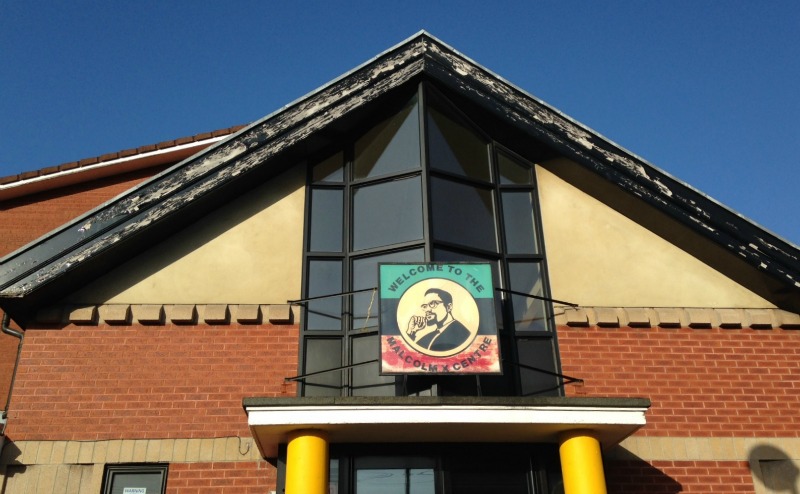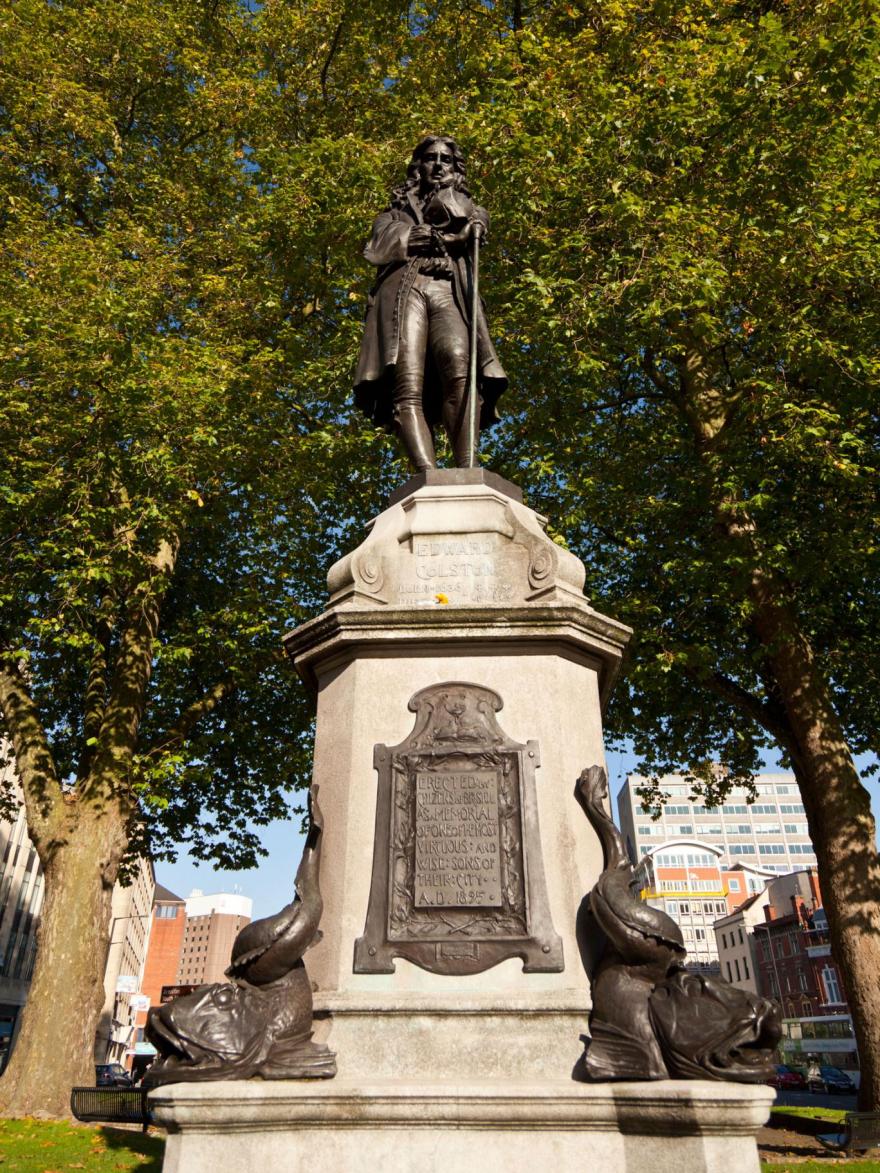
Last night I attended the ‘African connections: moving people – perspectives on Bristol, slavery and migration’ seminar at the Malcolm X Centre, part of the Being Human 15 festival. The panel were brilliant, and the audience engaged.
I was struck at how solid, useful and forthright the conversation was, and particularly on the question of reparations. A question I’ve talked to white friends about several times, friends who have similar if not mirrored politics to mine, and often disagreed on. Last night the idea was crystallised for me thanks to the intelligent and cohesive offerings of everyone in the room.
The crux was this: yes we need reparations – of course we need reparations. We need to repair damage that has been done, always. We need to constantly be looking to better and strengthen our society in all ways, especially for those who bear the extra (and continuing) weights of an inequitable and brutal history.
This does not mean that we give cash handouts to individuals or families or neighbourhoods or demographics – who would we give them to? How much? Where would that money come from? Who is paying whom?
What this does mean is that we acknowledge the truth of our history, and the truths of our present. We employ that truth loudly, openly and together, to build, connect, and repair in real terms.
A full and honest education – not a black history month, but a syllabus that (shock horror) teaches all history because it’s history. New types of investment that recognise the fissured and transitory nature of existing ‘community’ investment, the removal of bottlenecking towards a particular kind of culture and commerce, and a release of the treatment of lower-economic communities as afterthoughts.
The willingness of each of us individually, of all histories and parentages, to integrate, share, listen to and work with each other – but also as a wider society to publicly express regret. Not because we are individually guilty, but because slavery was a regretful, shameful, vicious practice. And the trauma and reality and consequences of it remain today. Do we not agree?
One of the audience members suggested that a plaque be installed on the statue of Colston in the city centre, acknowledging his profession as a slaver (indeed, someone scrawled the fact on the base of the statue in 1998), or honouring the slaves who actually produced the wealth Colston distributed, or kept, as he saw fit. This is not the first time this has been suggested of course, and many people, myself included, would go further to say why not replace the thing with another statue, feature or something other.
Who are we as a city – what do we want to hide, and what do we want to celebrate?

